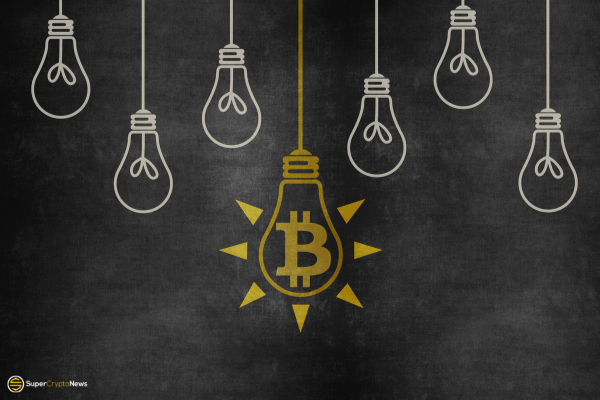
- Billionaire activist investor Carl Icahn is on the edge of making a big move into cryptocurrencies
- Icahn joins a growing list of high-profile Wall Street names, including Ray Dalio, who are championing cryptocurrencies in the face of major macroeconomic changes
First, Paul Tudor Jones came for Bitcoin, it was less than US$10,000. Then Stanley Druckenmiller came for Bitcoin, it was less than US$15,000. Now Carl Icahn is coming for Bitcoin and it is US$38,000.
Billionaire activist investor Icahn, who is best known for winning the high-stakes, high-profile battle with Pershing Square’s Bill Ackman over the multilevel-marketing company Herbalife, is now looking to make a significant bet on Bitcoin.
Speaking in a Bloomberg TV interview, Icahn revealed that he is interested in getting into cryptocurrencies in a “big way” and may eventually put more than US$1 billion into the asset class.
While Icahn hasn’t purchased any cryptocurrency just yet, he revealed to Bloomberg TV that he is studying Bitcoin, Ethereum and the cryptocurrency sector as a whole to determine where the opportunities are adding that alternative currencies gaining in popularity are a natural manifestation of inflation in the economy.
Icahn also noted that any criticism around cryptocurrency having no underlying value was a “little wrong-headed.”
“Well, what’s the value of a dollar? The only value of the dollar is because you can use it to pay taxes.”
“I’m looking at the whole business, and how I might get involved in it.”
Icahn also said that he believes investors are looking at cryptocurrencies because parts of the equities market are being traded at “ridiculous prices,” referring not just to meme stocks like GameStop, which is incredibly still up on its initial price before the Reddit pump, but also certain strategies offered by money managers.
“I don’t think Reddit and Robinhood and those guys are necessarily bad, I think they do serve a purpose.”
“Money is funneling back into companies. Some of these companies might be ok, but a number of them, the risk-reward is absurd.”



